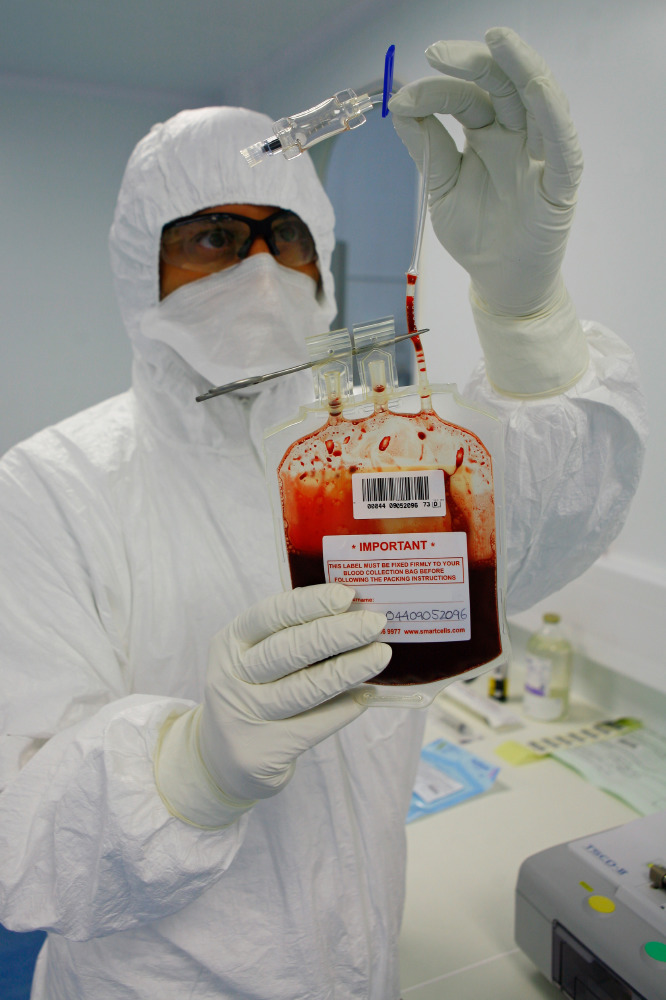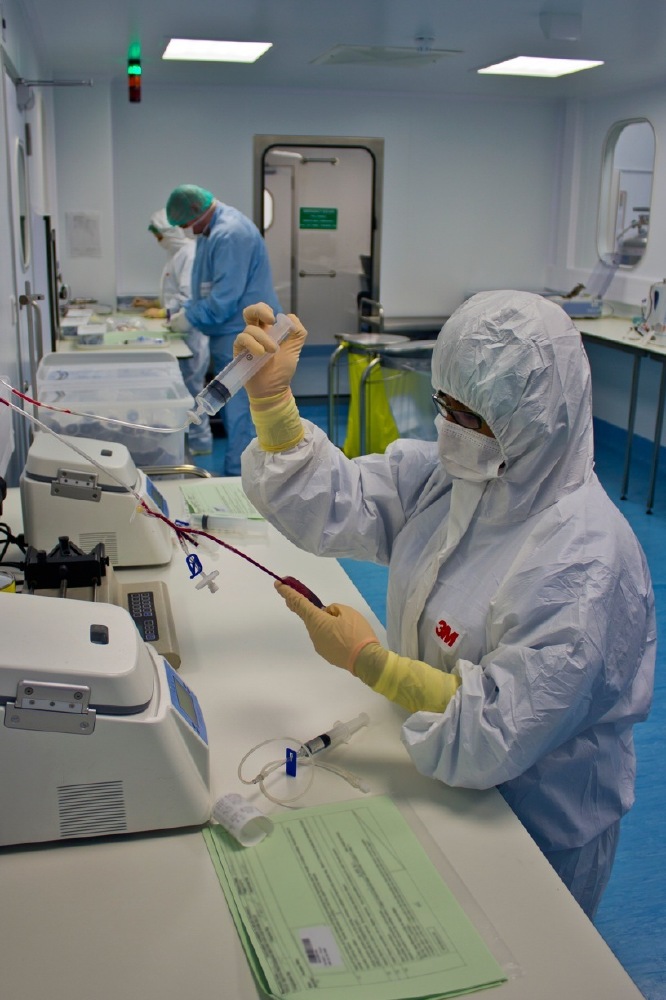Life and death is the big difference for patients with leukaemia and other blood conditions if they don't get a stem cell transplant - yet many people aren't aware of their benefits.

Stem cell research has received millions to fund it in the past few years
It has bene 18 years since the first cord blood transplants were performed in the UK and public knowledge on the life-saving process is still lacking.
A study of more than 4,000 people found that nearly a third of Britons didn't know that you can store umbilical cord blood tissue, and the vast majority agreed that there is lack of awareness.
The YouGov research, commissioned by Smart Cells, found that this resulted in a major shortage of stem cells in the UK. Only 9% of patients stored cord blood when they gave birth; 2% privately and 6% donated to the NHS.
Scientist continue to explore whether stem cells can be used to treat other diseases, such as diabetes, heart disease and even reversing blindness, although at present these treatments are still in the research stage. However it is impossible to do any treatment without the raw material. The message is simple: store it, donate it but don't waste it.
Last year, the government invested millions into NHS stem cell services. It is estimated that 400 patients each year miss out on treatment due to a lack of suitable stem cell donors. Yet the study found that only 3% of parents had discussed storage options with a healthcare professional.

The study also found that future of a child's health was the number one concern of parents surveyed. Yet even when people were aware they could store their cells, the majority choose not to; when parents surveyed were asked what they thought would stop parents from storing umbilical cord blood and tissue over a quarter of people said having concerns it would interfere with the birth of a child and almost half were said the cost.
In reality, the process is totally risk-free and doesn't interfere with the delivery of a baby. Costs do vary, with prices for private storage ranging from £2000 - £3000, while donations to the NHS is free. However, donations the NHS Cord Blood Bank are made available for public use and are not kept specifically for individuals or their families, so there is no guarantee that donated tissue will still be available should your child get sick, although the NHS says it makes 'every effort' to find a suitable donor.
Tagged in Health

